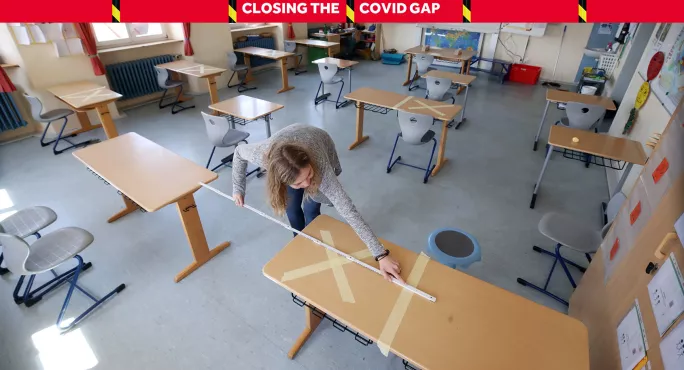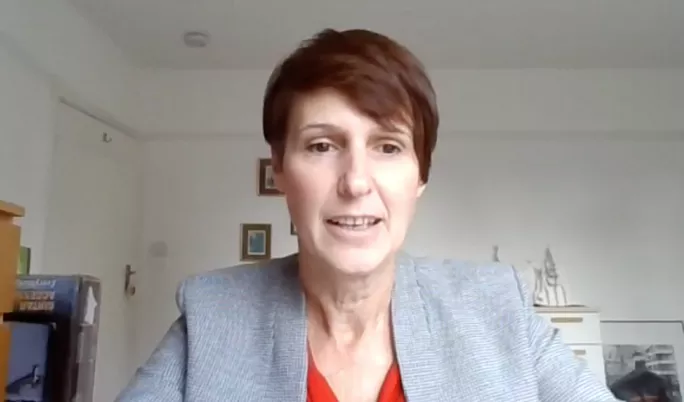The attainment gap caused by the Covid-19 partial closure of schools will have the most impact in maths, a conference has heard.
Education Endowment Foundation chief executive Becky Francis also told the Schools North East Summit that the impact of the lockdown will more than undo the progress made on closing the attainment gap over the past decade.
Ms Francis presented a slide to the summit that highlighted that the attainment gap will widen most in mathematics and for younger children.
Revealed: The GCSE subjects with the biggest disadvantage gap
Warning: Attainment gap may never close, report finds
Watch: How to close the Covid learning gap
Ms Francis said: “What we know during lockdown is that kids were learning but had very different levels of access and engagement during that time.
Coronavirus: Tackling the attainment gap
“It is hard to be precise about this but, as you can see, our modelling suggests that the gap will grow between anything from 11 per cent to 75 per cent with a median of 36 per cent, which really tragically more than reverses the progress on narrowing the gap which we have seen incrementally over the last decade with the tremendous amount of work and, of course, pupil premium funding which has underpinned that.”
She also told the Schools North East summit that research from the Institute for Fiscal Studies had shown that children from better-off families had spent 30 per cent more time on home learning than those from poorer families.
Ms Francis also highlighted inequalities in the ability to access home learning.
She said that 15 per cent of teachers in schools serving the most deprived areas in the country said that more than a third of their students would not have access to an electronic device to allow them to learn from home - compared to 2 per cent in the most affluent state schools.
And 12 per cent of teachers in schools in the most deprived areas said they believed that more than a third of pupils would also not have adequate internet access.
Ms Francis also highlighted a study by the National Foundation for Educational Research that found that certain groups of pupils would have had less engagement with learning during the lockdown.
These were pupils without space or IT access at home, pupils who are vulnerable, those with special educational needs, pupils eligible for pupil premium funding and young carers.





